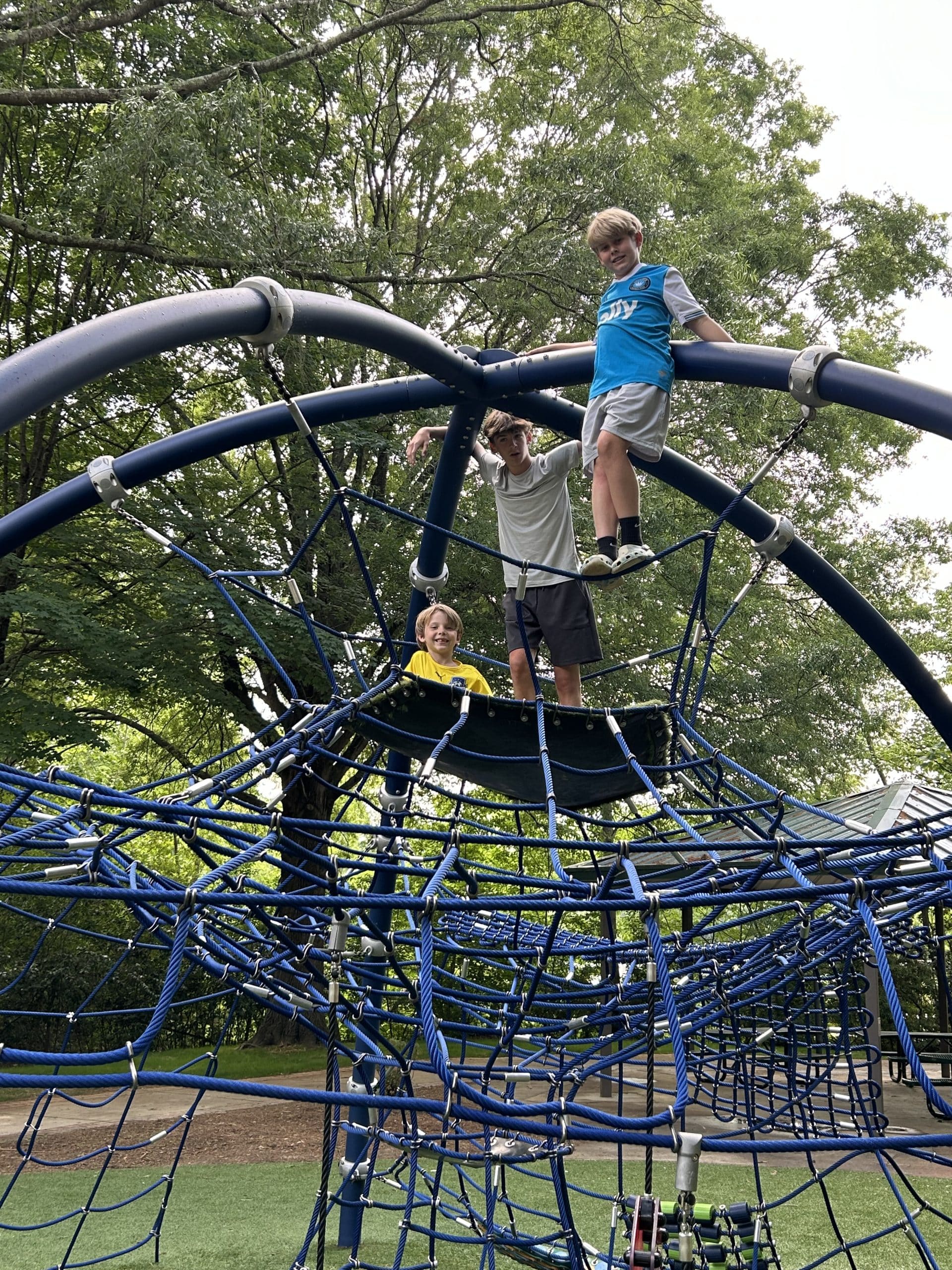Are social emotional skills the key to greater academic achievement for students?
As educators, we understand that teaching students either skills or content is impossible when pupils are not able to engage in the learning process. Nor is it possible if they are distracted through social emotional disturbances. Student distractions occur for many reasons:
•They are unable to manage their emotions.
•Students can’t empathize with others.
•They have conflicts with other students.
•There is difficulty solving personal problems.
Social and emotional learning is a critical component of the classroom. Moral reasoning and character are considered in more schools today than ever before. Kindergarten through grade 12 is now beginning to place a focus on social emotional learning (soft skills or nonacademic skills). Some schools in the state of California are testing students for character.
The Research
Several elements in today’s federal ESSA (Every Student Succeeds Act) supports nonacademic factors in schools’ accountability systems. It contends that the nonacademic skills lift students’ academic achievement. A study from Duke University concurs.
Studies conducted at Stanford University demonstrate students that have skills such as perseverance, confidence, and ability to collaborate perform better than students lacking them. It also states that positive mindsets can be taught. Research indicates the teachers using more growth-oriented feedback on students had better performance and greater levels of positive mindsets.
Studies by the American Psychological Association indicate that by teaching social emotional skills in intercity schools contribute to student success. Schools that promote the education of the ‘whole child’ focus on skills that help students become competent adults.
Acquiring Social Emotional Skills
Social and emotional learning is designed to teach skills that are fundamental to academic learning. Parents can develop social emotional skills.
•Communication – Reading for understanding, writing ideas, active listening, and observing.
•Interpersonal skills – Guiding others, resolving conflict, cooperation with peers.
•Decision making skills – Using mathematics to solve problems, solve problems through decisions, make a plan.
•Practice future skills – Taking responsibility to learn, reflect and evaluate actions, research, use technology.
Social and emotional skills are necessary for children to succeed in education, job training, independent living, and in the workplace. It provides students with a sense of who they are in the world. It helps them understand how they learn, and aides in establishing relationships with others. At home and at school, educators and families must work together to develop a well-rounded, caring student. Practicing social skills everyday and helping students to understand their emotions will increase the chance of success. And, prepares them for a healthy, secure future.
![]()


